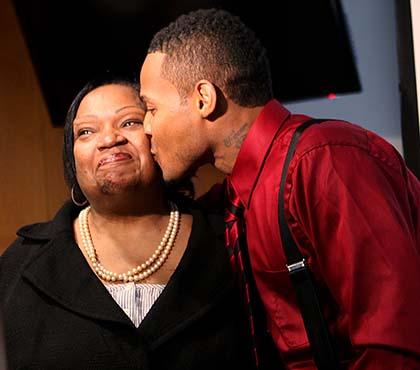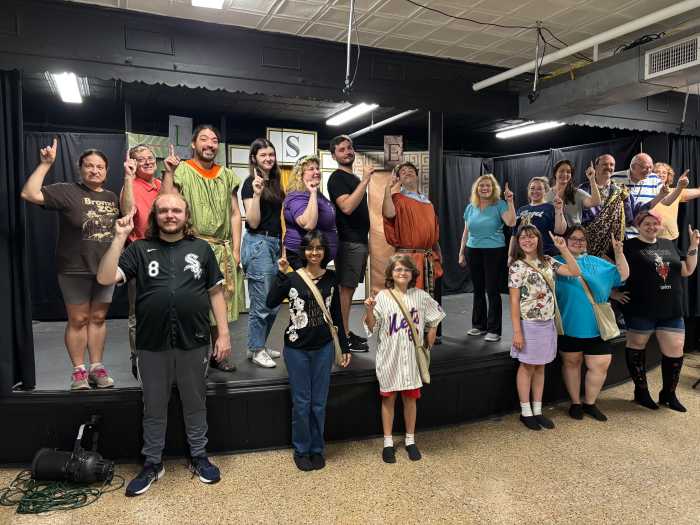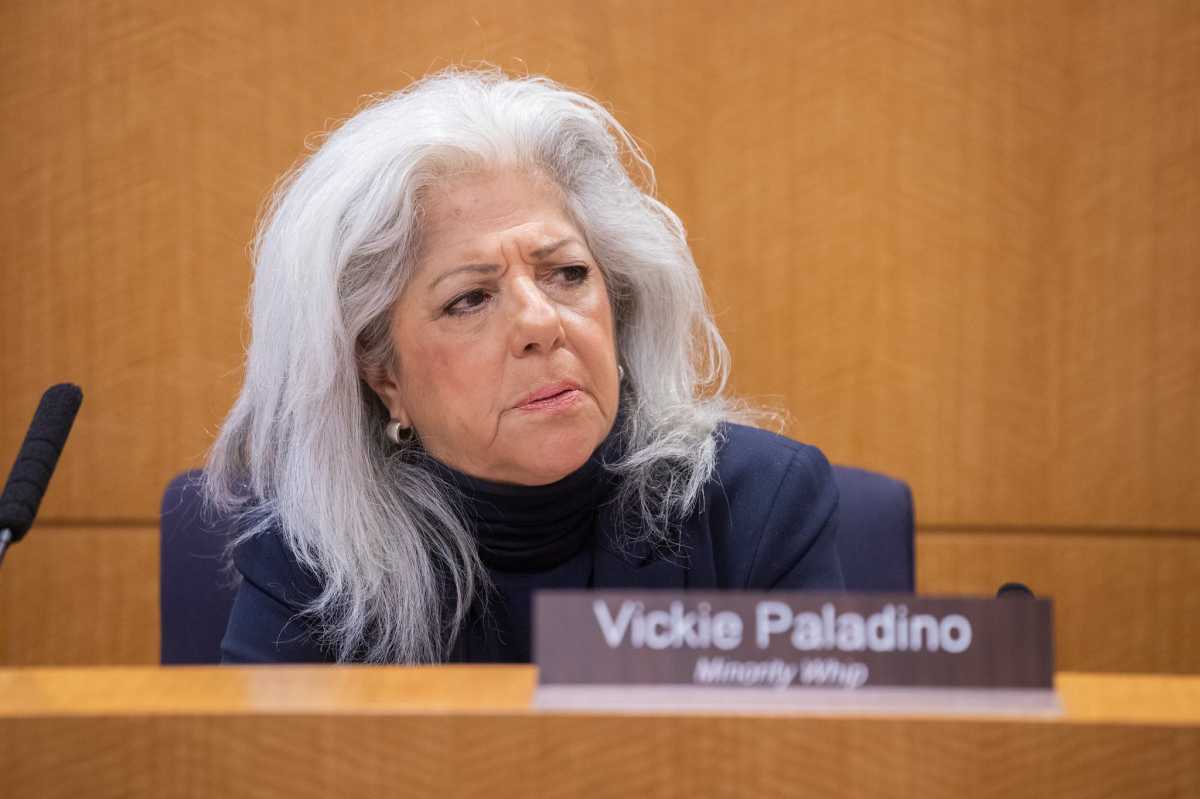By Howard Koplowitz
Karl Jordan often saw the look of anguish on his mother’s face, and when her kidney disease deteriorated to the point where she needed a transplant, he did not hesitate to offer one of his to her.
Except it turned out the Hollis man’s kidney was not a match for his mother, 46-year-old Jacqueline Gonzalez, also of Hollis.
Darlene Rawlins, a 57-year-old Baldwin, L.I., resident was in the same predicament when her daughter, Contrina Rawlins-Pettway, 26, volunteered to donate one of her kidneys, but they also were not a match.
Steve Michalik, a 64-year-old North Carolina resident and former Mr. Universe, also needed a kidney when his good friend from Denmark, Martin Hein Andersen, offered Michalik one of his kidneys.
But they, too, were not a match.
Yet the three donors and three recipients were able to help each other during a six-way kidney swap conducted April 25 at North Shore University Hospital.
The donors and recipients had not known which person they helped out until the hospital unveiled their identities during a news conference last Thursday.
“What was initially a dream became a reality,” said Dr. Ernesto Molmenti, head of the hospital’s kidney transplant program. “At the end of the day, the six kidneys were making urine, filtering blood and saving the lives of these individuals.”
While Jordan, 27, was unable to give his kidney to his mother, he was able to help Rawlins.
“It didn’t matter, as long as I was giving,” the Hollis resident said.
Gonzalez found out her new kidney came from Andersen, who participated in the news conference via Skype teleconferencing from Denmark.
“I’m able to get back to my normal life now because of you,” she told him.
“I’m so happy I can help to donate some life,” he responded. “I’m so happy you can live a normal life now.”
Gonzalez and Andersen said they soon hope to one day meet face to face, and the other donors and recipients expressed a desire to get together again after the news conference.
Andersen hoped to help Michalik, who found out his kidney was donated by Rawlins-Pettway.
Michalik said he ignored the warning signs of kidney trouble — high blood pressure, bloody noses, weakness and urination problems — during his career, which led to his being put on dialysis.
“Being on dialysis is no fun,” he said. “It’s not a cure, it just sustains you until you’re able to get a transplant. Kidney transplant is a new lease on life.”
Michalik said his story, that he was in peak physical shape yet still fell prey to kidney disease, should serve as a warning to others.
“Whether you’re Mr. Mailman or Mr. Executive or Mr. Doctor, you need to be proactive and take care of your health,” he said. “Perhaps I had an ego that said, ‘It can’t happen to me,’ but it did.”
Michalik said he is now able to resume training after receiving a new lease on life.
He said the transplant “gave my four children their dad back. They gave my two little grandchildren a grandfather that can play with them.”
Reach reporter Howard Koplowitz by e-mail at hkoplowitz@cnglocal.com or by phone at 718-260-4573.


































